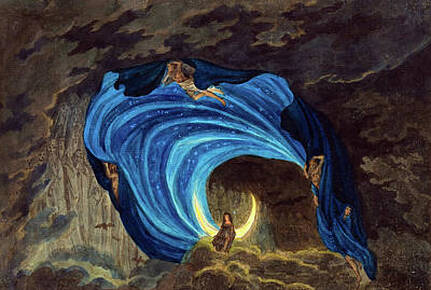In Germany, a popular entertainment for the general public was singspiele, where the songs and dances were interspersed with spoken dialogue. The promoters of Italian Opera thought singspiele was an inferior type of entertainment, suitable for just the lower classes. Mozart was always on the lookout for fresh opportunities, and of course, his music gave the singspiele a boost. He wrote several singspiele for his audiences in Austria. One of the most popular was "The Magic Flute."

Singspiele led to Vienese Operetta which then led to Musical Comedy on Broadway. Most Musicals on Broadway follow in this tradition of having spoken dialogue interspersed between the musical numbers. However, some composers have created scores for shows that have sung dialogue and music underscoring throughout as in Opera.
Where the shows are done with up-to-date sound engineering and personal mics on each actor, these through-composed shows can be entertaining. Some popular shows in this pseudo-Operatic style are "Into the Woods" and "Once on This Island." These shows take mature voices and charismatic acting to punch through the music.
Many Junior High schools may want to produce one of these kinds of shows, but have trouble. I have seen too many productions where the audience could not follow the plot because of faulty directing and many sound malfunctions. When young actors try to sing quick-exchange dialogue against a pre-recorded track, they really need extra stage presence and developed voices as well as working mics. Besides, the audience has a hard time locating which actor is singing when they are all treble voices and don't have the stage presence to pull focus.
My hope is that directors of youthful actors will choose productions that suit their abilities and work within their limited technical production capabilities. Perhaps a more traditional show would work best instead of the hottest ticket on Broadway. Just think about it!
 RSS Feed
RSS Feed